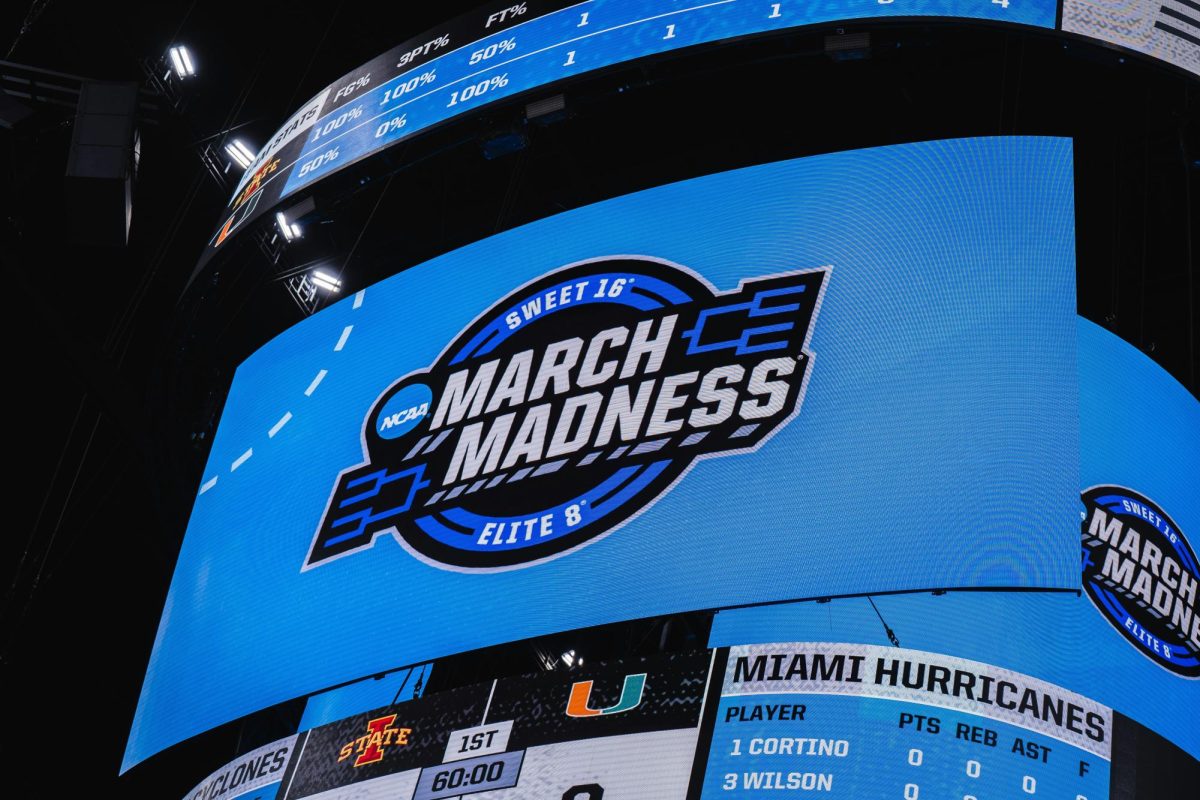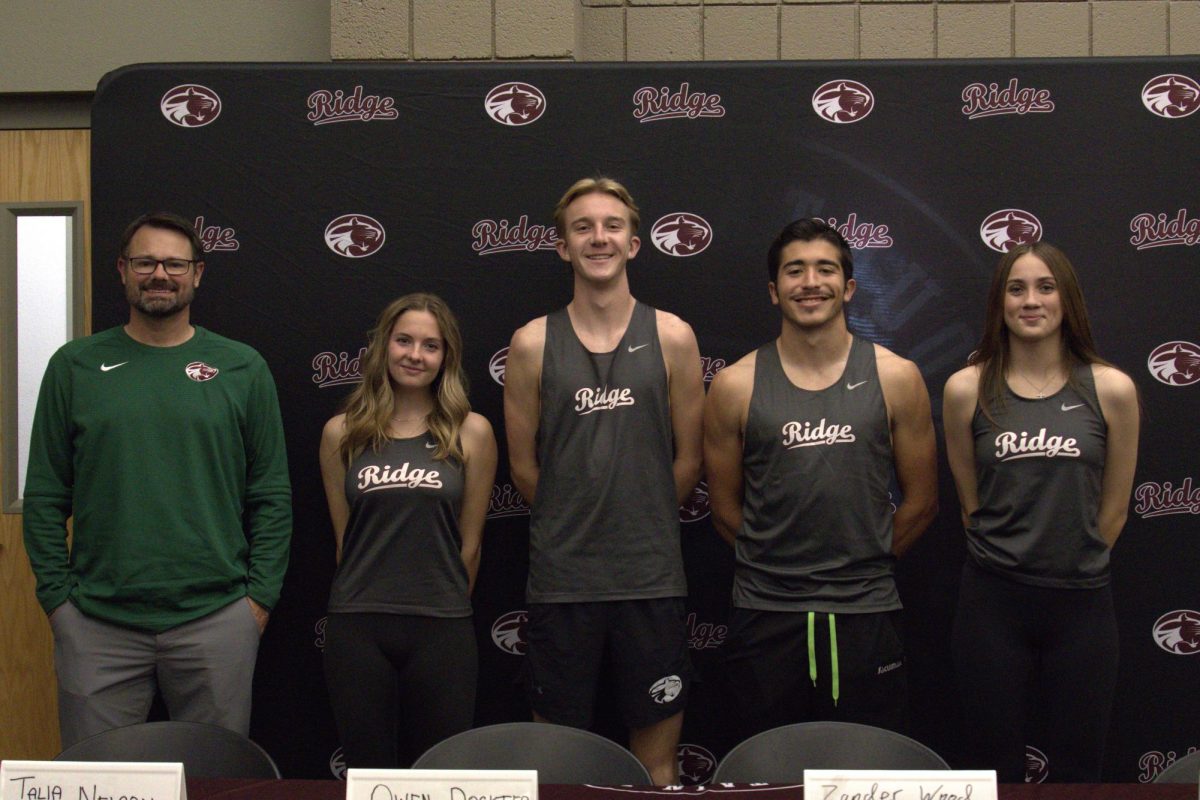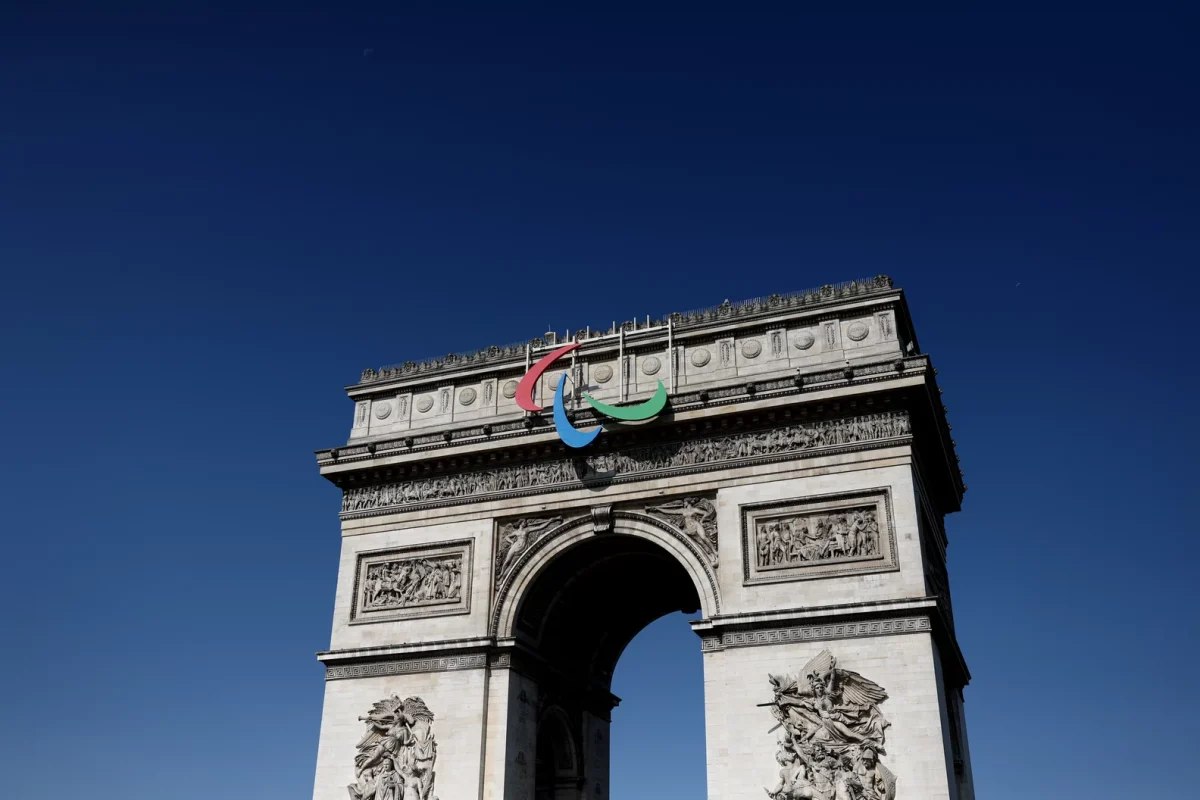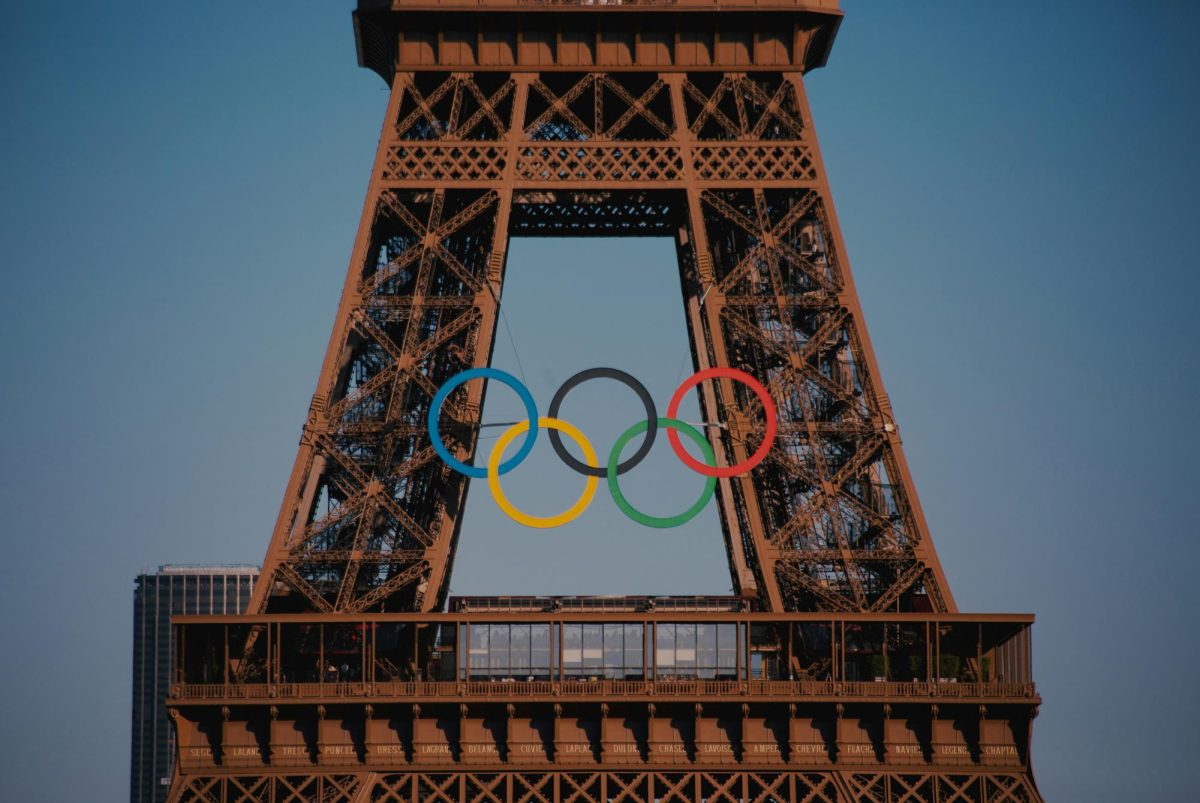In every year since 1939, excluding 2020, the champion of NCAA Division 1 Men’s Basketball has been determined by a bracket-style tournament that is set over three consecutive weekends. It has come to be known as March Madness, a time when fans can enjoy hours on end of college basketball.
Originally, the tournament included the top eight teams in the nation, but has now expanded to 68. The first women’s tournament was held in 1982. The games are based on seeded rankings from the regular season, with the highest seed playing the lowest, the second seed playing the second lowest, and so on.
Within the last two decades, there has been a massive increase in the popularity of filling out a March Madness bracket. Fans from across the country will try to correctly pick the winner of all 67 games, and enter it into a number of competitions with different hosts, most of which promise cash prizes for the winner.
The beginnings of this tradition are usually attributed to a bar in Staten Island, where a handful of people entered $10 where the winner would take all. After its origin in 1977, the game grew rapidly, with the same bar experiencing 150,000 participants in 2006.
This year, an estimated 31 million brackets were created over various sites, including ESPN, NCAA, and Yahoo. Yet, after just one weekend, not a single perfect bracket remains.
In fact, the odds of creating a perfect bracket are so small, that it’s extremely likely there will never be a perfect bracket. The NCAA calculated that if a bracket is randomly filled out, the odds of creating a perfect one is 1 in 9,223,372,036,854,775,808. A number that is so inconceivably small, that it’s hard to put in perspective.
But, on the positive side, a bracket filled out with some basketball knowledge has a decent increase to 1 in 120.2 billion. Even with this improvement in odds, it would take thousands of years for someone to create a perfect bracket.
Still, millions of brackets are filled out every single year, and it doesn’t look like the number of entries will be slowing down anytime soon. Maybe it’s because despite what the math says, every fan holds on to the sliver of hope that their bracket will be the one. The thrill of being the first person in history to do something will never diminish.
Although there may never be a perfect bracket, some people have come surprisingly close. In 2019, a bracket created by Gregg Nigl lasted 49 games, and this has been accepted by the NCAA as the longest-lasting verified bracket.
So, the next time you painstakingly deliberate over each and every game of the tournament, only to have it busted in the first round, remember that you probably weren’t going to win anyway. But this isn’t to say that you shouldn’t enter a bracket at all—because while the odds are close to nothing, it’s still never zero.











